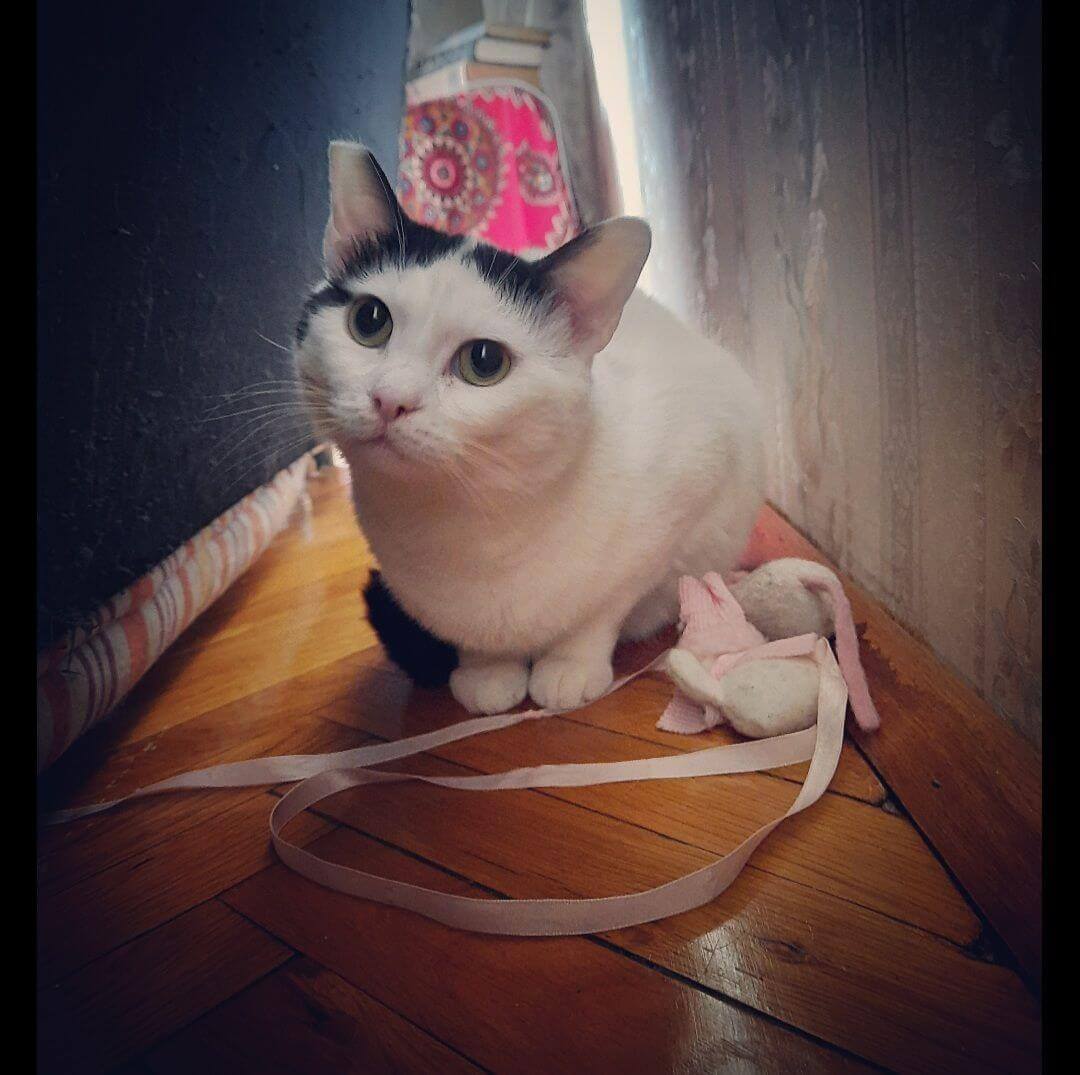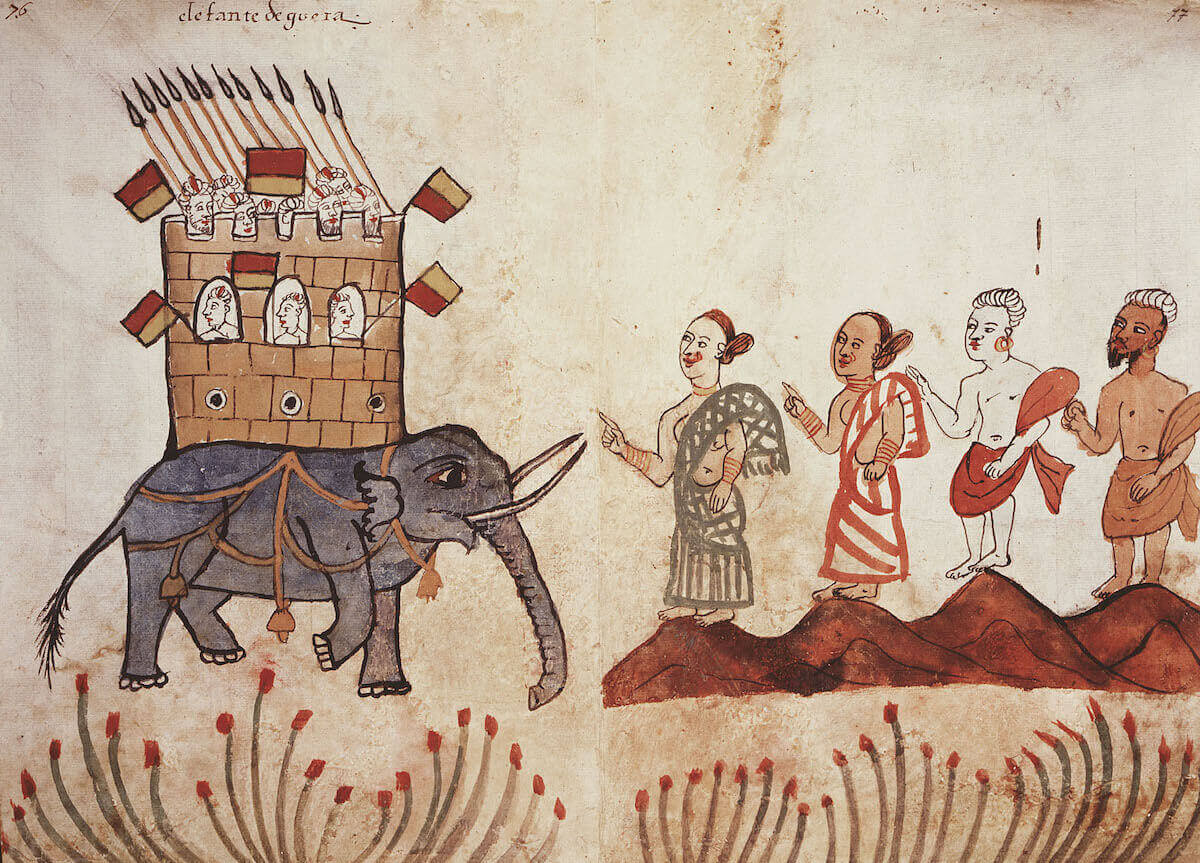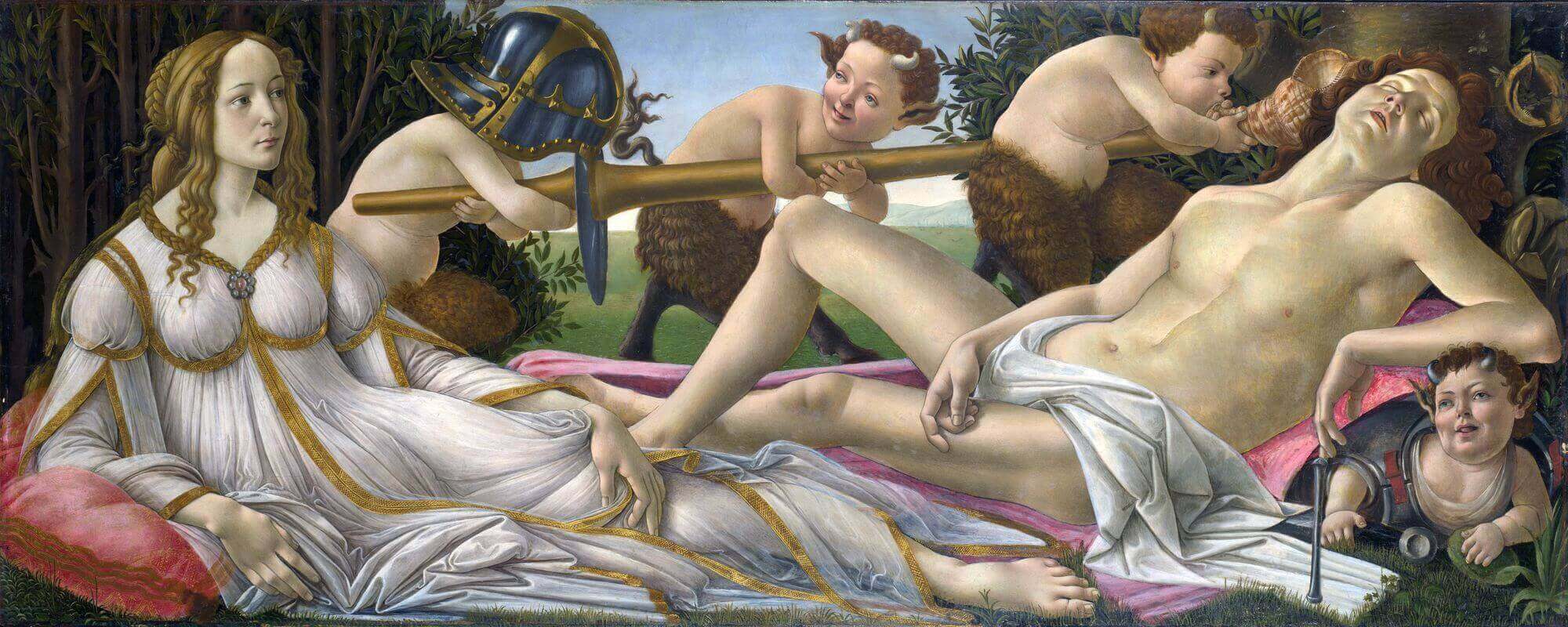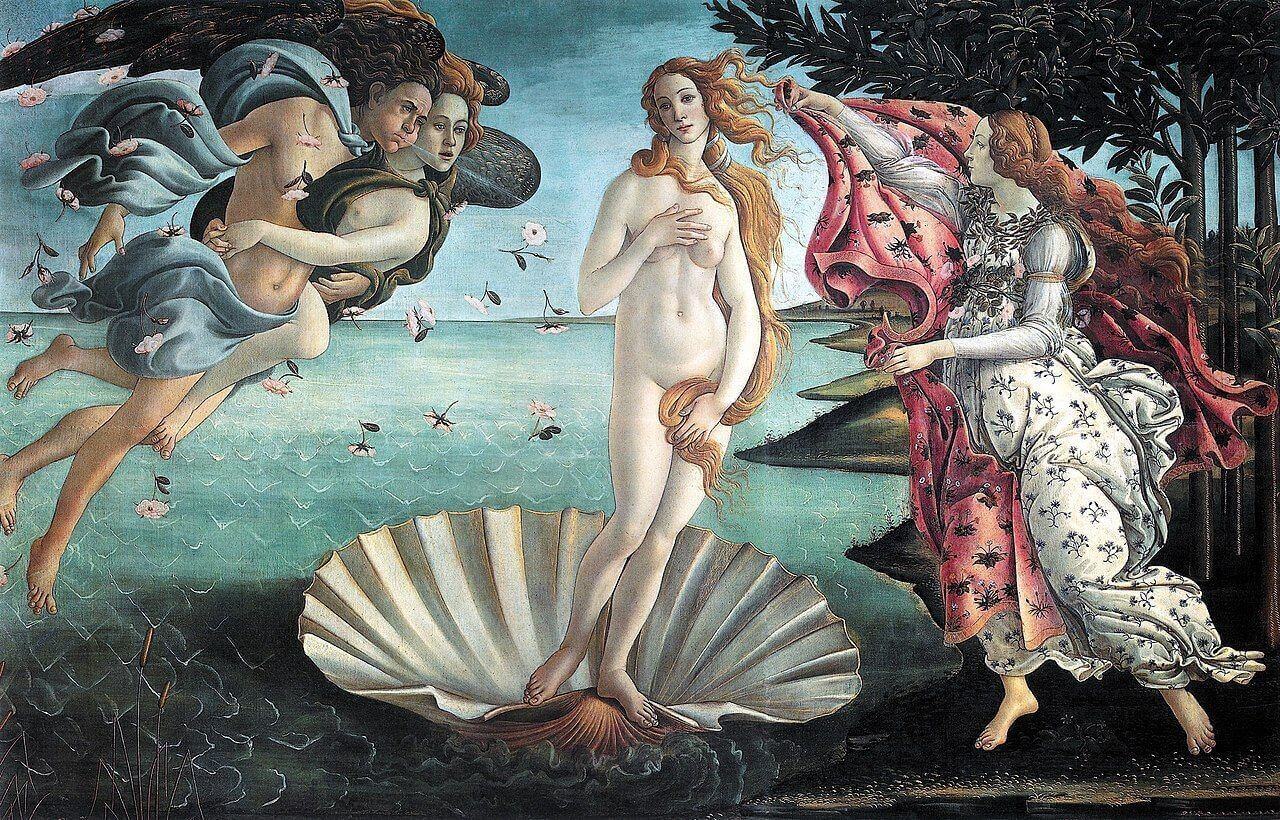So, in those countries where Christmas is celebrated, it’s getting to that time of year when the eternal philosophical problem presents itself: *what should I get as a gift for Uncle Pedro?
Last year’s socks didn’t go down well: he didn’t wear them even once. Then there was the debacle with the chocolate (how had you never known that Uncle Pedro was allergic to cocoa beans)? As for the six-volume boxed set of Proust that you bought him, he hasn’t even cracked the spine on the first volume.
But the more you think about the perennial problem that is Uncle Pedro, the more the philosophical questions multiply. What is this curious thing that you feel compelled to do every year at around this time? Why this frenzy of buying and giving things that nobody seems to need? What is the point? Is it generosity or compulsion? Why that sense of overwhelming obligation, that knowledge that you can’t not buy Uncle Pedro something, even if you’re pretty sure he’s going to hate whatever it is you buy.
The mighty Mauss
If you have ever been perplexed by questions like these, particularly around this time of year, you could do worse than turn to the work of Marcel Mauss. In 1925, the philosopher and sociologist published his Essai sur le don, or “Essay on the Gift.” The essay drew on a huge range of sources, including ethnographic data from Polynesia and the Pacific Northwest of America, and ancient German and Roman law, to explore the universal human institution of gift exchange.
This breadth of sources was typical of Mauss. He was a prodigiously gifted writer. He learned Māori and Sanskrit. He was famous as a storyteller, and was a teacher with considerable charisma. And his intellectual interests were seemingly omnivorous: he studied everything from anthropology, to the nature of prayer, to magic, to the ethnography of the Inuit peoples.
But it is his essay on the gift for which he remains most famous today. Mauss’s essay explores the complexity and hidden dynamics of human gift-giving. And at the centre of Mauss’s argument is the idea that in gift-giving, there is a disjunction between what seems to be going on, and what is actually going on, between appearance and reality.
Gift-giving is something that is apparently enacted out of pure generosity. We give gifts as if we are acting freely (this may recall the earlier Looking for Wisdom piece on the subjunctive, or “as if” nature of ritual…). But in reality, what is going on in gift-giving is a “strict accounting system” that involves an “intricate mingling of symmetrical and contrary rights and duties.” [1]
Think about what happens when Christmas comes around, and you start thinking as usual about Uncle Pedro. You rack your brains to think of an appropriate gift. After all, you have to get him something. But what?
For Mauss, this sense of obligation — this “have to” — is central to all gift-giving. It it not just an obligation to give. It is also an obligation to receive (if Uncle Pedro rejected your gift, refusing to play the game of giving and receiving, you would find him blameable — and, to be honest, you are still sore about the multi-volume Proust set). And it is also the obligation to reciprocate (which means that you can take some scant comfort from the fact that Uncle Pedro is having exactly the same difficulties, because the rules of the game are that he has to give you something in return).
What does this add up to? For Mauss, this constant cycle of gift-giving, this symmetry of obligations, of gifts and counter-gifts, is a way of balancing social accounts, while also maintaining and reaffirming social relationships. We give gifts to cement social solidarity, but all the time we are watching our backs to make sure we are not being taken for mugs, and that Uncle Pedro is not getting away with stinginess.
 Medieval Gift-giving. 1300s. Public domain via Wikimedia Commons.
Medieval Gift-giving. 1300s. Public domain via Wikimedia Commons.
The economics of giving
Mauss’s view of the gift has become central to anthropological understandings of what is going on when we exchange gifts. But it raises a problem. Where does this leave the actual urge to generosity?
Before Mauss, it might have been possible to distinguish between the unfree compulsion of market economies, and the freedom of gift-giving. But Mauss seems to suggest that there is nothing that escapes the logic of mutual accounting. So where does this leave the impulse to pure generosity, or giving for its own sake, free of any expectation of return?
This puzzle is one that the philosopher Jacques Derrida takes up in his book Given Time: 1. Counterfeit Money.
The problem, as Derrida puts it, is that the moment we are aware of something as a gift, we are entering into a system of mutual accounting. A real gift, a true gift, would break with this circle of reciprocity, symmetry and mutual exchange. A true gift is one that doesn’t circulate, that is not exchanged for anything else.
So the question is this: is there anything, anywhere, that breaks with economic reason in this way? Derrida puts the question like this:
If there is a gift, the given of the gift (that which one gives, that which is given, the gift is given thing or as act of donation) must not come back to the giving. It must not circulate, it must not be exchanged, it must not in any case be exhausted, as a gift, by the process of exchange by the movement of circulation of the circle in the form or return to the point of departure. [2]
For example, let’s say that I take in a foster cat because I am kind-hearted. Although it may seem like an act of generosity, this kind-heartedness is not disinterested, because I also get a cat to snuggle on cold winter evenings. My apparent generosity is also a kind of exchange: shelter for snuggles.
 Looking for Wisdom foster cat/intern, Baby Sarah. Photo by Hannah Stevens, used with permission.
Looking for Wisdom foster cat/intern, Baby Sarah. Photo by Hannah Stevens, used with permission.
Or to take another example, imagine somebody stops me on the street and asks for money. As it is a sunny day, and I’m in a good mood, I give them a ten-dollar bill. They thank me. We have a pleasant exchange, and both go on our way, a spring in our strides.
For the rest of the morning, I feel good about myself. And no wonder: from my apparent gift, all kinds of good things flow back to me — this good feeling, this sense of my own moral worth, this pleasure of connection with another person. So, if you were inclined to burst my bubble, you might be tempted to ask: isn’t this just a more elaborate kind of economy or exchange? And if it is, then can it really be said to be a gift at all?
And this is why Derrida comments drily that Mauss’s essay — with its meticulous exploration of exchange, economy and mutual obligation — talks about everything but the gift. Because surely a gift is something other than exchange and economic reason.
Impossible gifts
So where does this leave the idea of the gift? Well, as usual with Derrida, it’s complicated. Because any acknowledgement of a gift, on the part of either the giver or the recipient, necessarily sucks us back into the circle of economic exchange. Whatever we get in return — whether we receive material goods, social goods or even spiritual goods — we are still in the realm of exchange. We are still dealing with some kind of economy. And this annuls the gift-nature of the gift.
For there to be a true gift, Derrida argues, the gift would have to not appear as a gift, either to the giver or to the recipient. Or if it appeared, it would have to be immediately effaced and forgotten. Because every time we acknowledge something as a gift, we find ourselves falling back into a cycle of exchange. This is why Derrida says, in his usual teasing way:
These conditions of possibility of the gift (that some “one” gives some “thing” to some “one other”) designate simultaneously the conditions of the impossibility of the gift. [3]
Now, all this is the kind of thing that makes certain kinds of philosophers grumble and mutter, “What are you talking about, Jacques?” And to make sense of it, you have to get on board with the spirit of what Derrida is up to. On the one hand, he wants to appeal to our hunches that there are gifts, that economics isn’t everything, that there is something that escapes the economic order. But on the other hand, he wants to show how hard it is to articulate what it might mean to escape this economic order.
For Derrida’s opponents, this may look very much like a vacuous intellectual game, mere playing with words. But seeing it like this does Derrida a disservice. The real force of what Derrida is saying is ethical. He is pushing against the complacency with which we come to the judgement, “Yes, this is good, this is ethical, this is generous.” Derrida wants to trouble our ethical complacency, opening up a space for unease and uncertainty. He is not cynically giving up on the idea of the gift altogether, and reducing everything down to self-interest. Instead, he is trying to provoke us to maintain a genuinely ethical vigilance, in the middle of all our calculations and judgements. It is as if he is saying: let us go on giving, aware of the complexity this involves, refusing to rest easy in the image of our own goodness, but open to the possibility (however impossible) of a generosity beyond the reach of economic reasoning.
Next time, we’re going to look at perspectives from elsewhere that take a different view on gift-giving: from the religious traditions of South Asia and indigenous cultures in Southeast Asia. We’re going to ask whether we need to follow Derrida to this tangled, difficult conclusion. And we will be thinking not in terms of economic circles, but instead of spirals. I’ll see you then!
Notes
[1] Marcel Mauss, The Gift: The form and reason for exchange in archaic societies (Routledge 2002), p. 17.
[2] Jacques Derrida, Given Time: 1 Counterfeit Money (University of Chicago Press 1994), p. 7.
[3] ibid. p. 12.
Further Reading
Books
Peter Salmon’s An Event, Perhaps: A Biography of Jacques Derrida (Verso 2020) gives a really good and sympathetic overview of Derrida’s life and thought.
Online
The entry in the Internet Encyclopedia of Philosophy explores Derrida’s philosophy of the gift in a little more depth. It is accessible and readable. Have a look here.



